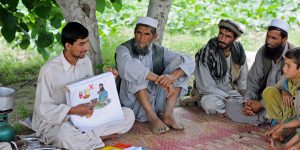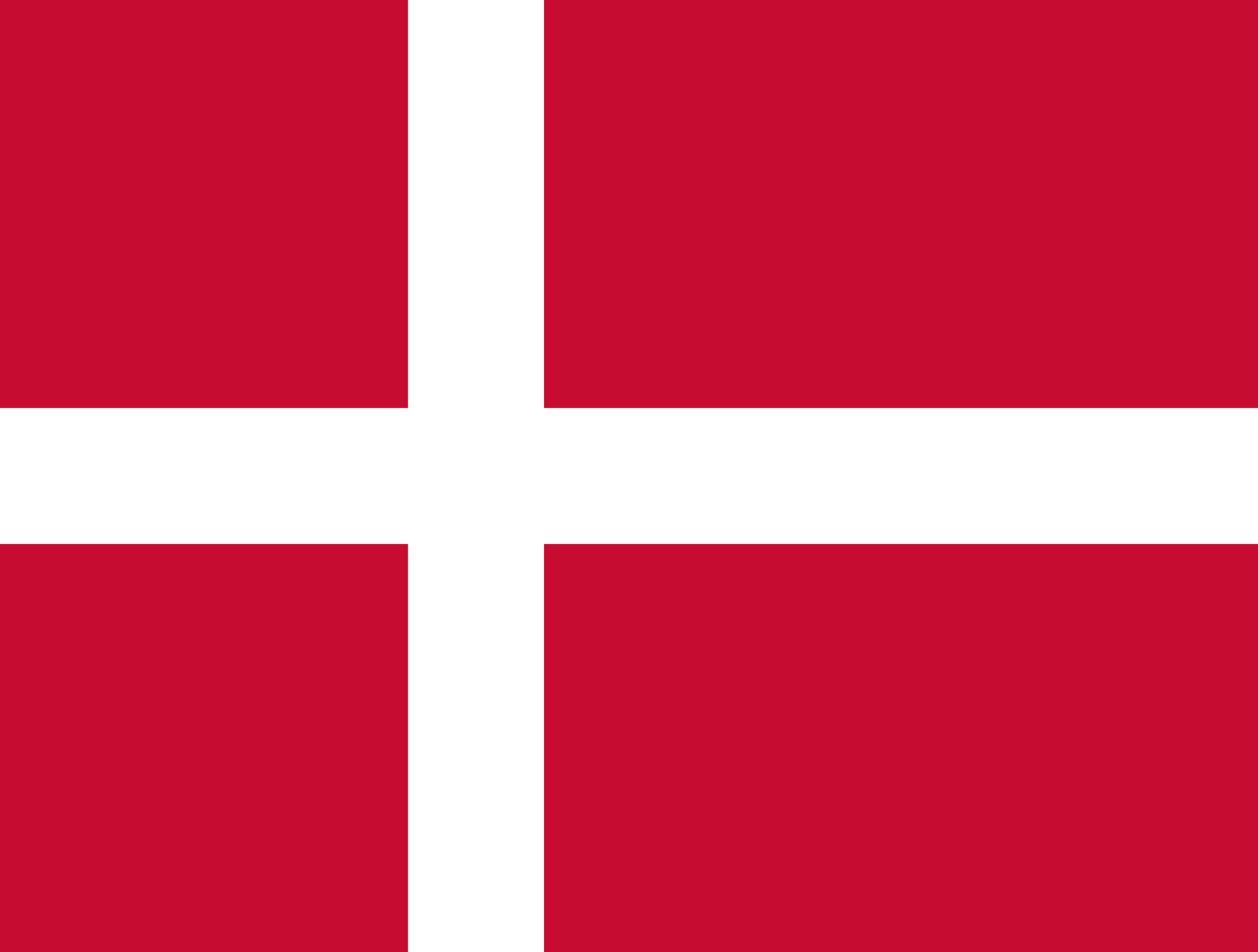From despair to hope Rehabilitation of the Rubatak Gravity Fed Pipe Scheme Network
Samangan January 5th, 2018
Natural disasters are widespread phenomenon in Afghanistan. Every year, the country witnesses many incidents of flooding, landslides, earthquakes and other natural hazards - some causing death and injury, and destruction of agricultural land and other public and private property.
The night of the 20th April 2017 started like any other spring night for the residents of Rubatak valley in Aybak district of Samangan province. The earthy smell of rain brought hope for a good crop for the residents who rely heavily on rain-fed agricultural for their livelihoods.

“I was setting at home sipping tea, when I heard a deafening sound from outside. It felt like the mountain has poured down” said Wali, a farmer living in the valley. It did not take long for the residents who are used to flash floods in this time of the year to find out what happened.
“We woke up the next morning to know that the flash floods have damaged our only source of clean drinking water” said Rasoul another resident of the valley.
In a matter of minutes, the flooding has left more than 1,300 families living in eight villages of the valley without the most essential commodity in this remote and under-served part of Afghanistan.
It was back in 2006, when young men of the valley motivated by their elected leaders in the Community Development Councils (CDCs) and financed by the Afghan Government’s National Solidarity Program, have put in hard days of labourin the scorching sun of the summer, sweat dripping down their tanned foreheads,as they carried stone and gravel, dug trenches, mixed concrete to build the gravity-fed pipe scheme network that would carry clean water from hill top springs to their villagesto this ominous night.
The effects of the damage was evident the next morning as the young boys and girls of the valley trailed to the 90 or so water points that fed on the damaged over hill reservoir and its several smaller sub-reservoirsonly to find no water.
Recognizing the seriousness of the situation, the local CDCs convened and reported the catastrophe to the Samangan Provincial Disaster Management Committee (PDMC), who in turn got in touch with the WASH Cluster for help. Given that UNICEF funds DACAAR for a WASH in Emergencies project and both organizations are the Lead and Co-lead for the WASH Cluster respectively, it was agreed that DACAAR carry out a rapid needs assessment in the area together with PDMC.
It wasn’t long for the needs assessment team to find out the depth of the problem. The only alternative source of safe drinking water for the valley was 18 kilometers away and families had to rely on using dirty water from streams and other open sources. Something had to be done fast to prevent another catastrophe. Water borne diseases such as diarrheaand cholera are the leading causes of mortality and morbidity among young children and elderly in Afghanistan. The residents of the valley were in real danger of a disease outbreak.
DACAAR emergency teams started trucking of safe water immediately and in the ensuing days more than 8 million liters of safe water were distributed to the residents through the many plastic reservoirs that were placed in the various parts of the valley. Further, 1,300 Family Water Kits were distributed.
Simultaneously, DACAAR Engineers assessed the damaged system for rehabilitation in order to restore permanent supply of water to Rubatak community. They found out that in addition to very serious cracks that left the main reservoir unusable, damages were caused to the pipe network leading to the villages. The system also needed serious overall repair and maintenance as a result of many years of neglect and overuse.
Following a go ahead from UNICEF, DACAAR engaged the CDCs to form a Water Management Committee and to discuss contributions by the community in rehabilitating the system. Both essential sustainability factors for any community based water supply project. Agreements were reached with the community and local authorities and construction work was commenced.
The funding for the reconstruction of the system was made available by UNICEF from contributions it has received from USAID and OFDA.
By end of December 2017, the construction work was completed, which included building of a 150 cubic meter main and 10 cubic metersub-reservoirs, rehabilitation of 9 sub-reservoirs,protection of three water catchment areas, installation of slow sand filters, laying of a pipe network with the length of more than 30 thousand meters and rehabilitation 90 old and construction of 30 new standposts. Disaster Risk Reduction (DRR) principles were used in the redesigning and reconstruction of the system. The location of the main reservoir and the downhill pipe network were shifted to safer locations to ensure protection against future flash floods. Two members of the community were trained as mechanics to perform future maintenance of the system and a maintenance agreement was signed with them.
“It feels good to know that our children will not get sick due to drinking dirty water. I feel very proud and useful when I keep encouraging my family and neighbours to take care of their water points and keep good hygiene.” Khair Mohammad, Member of Rubatak Water Management Committee. “We thank DACAAR for completing such a large scale project in a short period of time and with high quality” the Director of Economy for Samangan province duringinauguration and handover ceremony of Rubatak Gravity-fed Pipe Scheme Network held on 31 December 2017.
Thanks to these endeavors and the resilience and hard work of Rubatak community, the valley reclaimed its much needed gravity-fed pipe scheme network and the residents are once again able to enjoy durable access to safe drinking water.
“We thank and appreciate the work done by DACAAR and UNICEF to rebuild our water supply system. The night the floods damaged our water supply system was a night of despair, with the grace of Allah, today is a day of hope” Khal Mohammad community member, during inauguration ceremony.
 Danish
Danish